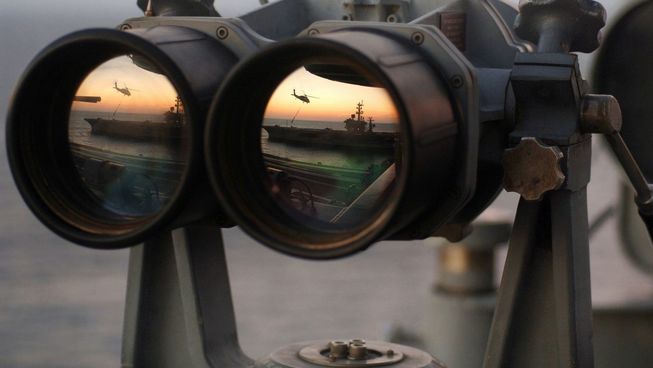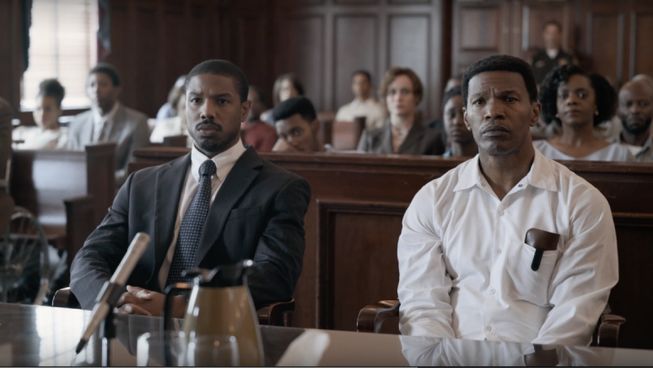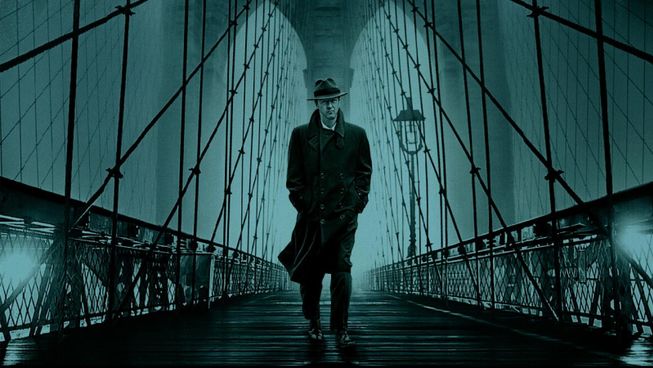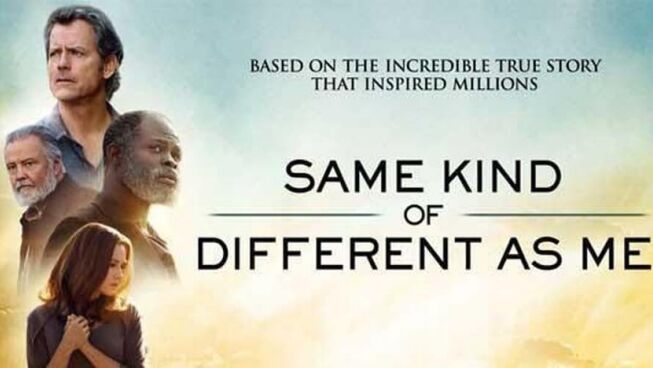
3 out of 5 stars
The atrocities against humanity at the hands of their own governments have provided stories throughout cinematic history. From The Killing Fields to every film that has portrayed Hitler’s holocaust, it is not difficult to find tales that prove that the heart of mankind is desperately wicked. One country that has a reputation for brutalising its citizens is Russia, specifically during the time of the Soviet Union. Mr. Jones tells the story of one man’s efforts to expose the famine in Ukraine that led to the death of millions in the 1930s.
Gareth Jones (James Norton) was an ambitious young journalist who had gained worldwide acclaim for his interview with Adolf Hitler. The Welsh reporter had turned his attention to the sudden rise of Stalin’s Soviet Union. Through his contacts within the British government he was able to secure a visa to Moscow. He hoped to achieve an audience with the Soviet leader to uncover the secrets behind the nation’s sudden rise in economic and technological notoriety.
Upon arrival in Russia, Gareth quickly realises that he and all other journalists were restricted to the capital city. He attempts to make in-roads with the other foreign press agents, specifically the most prestigious Pulitzer prize winner, Walter Duranty (Peter Sarsgaard) and his trusted assistant, Ada Brooks (Vanessa Kirby). When he realises that he does not get any help from his counterparts, Jones manages to work his diplomatic skills to work out a visit to Ukraine through the government. A trip that he is allowed to take, but one that involved a handler who would guide him on this tour of the countryside. When he can escape the watchful eye of his Soviet guide, the Welshman manages to catch another train. This allows him the freedom to see the actual atrocities that are happening to the country folk that live in the freezing cold of the Russian winters.
With one of Poland’s greatest director’s behind the camera, Agnieszka Holland manages to deliver a film that combines the style of Western cinema with the look and feel of Eastern Europe. The canvas of the severe winters of Russia and Ukraine manage to provide the tone that accents the bleak and depressing elements of this portion of history. Visuals that show how this world exists in shades of grey with no hope of any living colour to deliver people out of the dreary world of snow and death. To overlay George Orwell’s writing of Animal Farm made for a masterful mix of literary and cinematic exploration into the affairs of man.
Gareth Jones contained a drive and focus that left him with few friends and allies. An uncompromising search for the truth made him a target and led to his early death. James Norton manages to embody these character traits. He shows a depth in this performance that helps to cover some of the weaker elements of the production. This can be explicitly said about the second act which had minimal levels of dialogue, but contains the shocking visuals of the famine. When Jones is in Moscow, Sarsgaard and Kirby provide the proper accents as the principal adversary and pseudo-love interest. They give the character levels needed to lift this film from the ordinary to something worth discovering.
Mr Jones is a compelling, but tragic depiction of world history. A film for those who desire to learn something beyond textbook knowledge. A story that does not hold back on the true-to-life horrors of the human experience that include prostitution, drug use, violence, cannibalism and genocide. It is not for the faint of heart, but should be on the watch list of every armchair historian.
 REEL DIALOGUE: What is the Bible’s view on politics?
REEL DIALOGUE: What is the Bible’s view on politics?
This is a film that shows governments at their worst. Yet, throughout history, people have managed to thrive despite the impact of the government on their lives. Mankind has flourished under both the antagonistic, repressive governmental systems as well as the forms of government that allow for more human freedoms. The critical thing to understand is that governments are not a means of salvation, but a necessary factor in the human experience.
The Bible does not make political activism the primary purpose of humanity. The mission of believers in Christ is less about political reform and should focus on changing the hearts of their fellow human beings through the Word of God. When people make Christ the primary focus and work to spread the Gospel, then real change occurs in the world.
Where you can find more answers on government: Matthew 22:17-21, Romans 13:1-7, Titus 3:9








